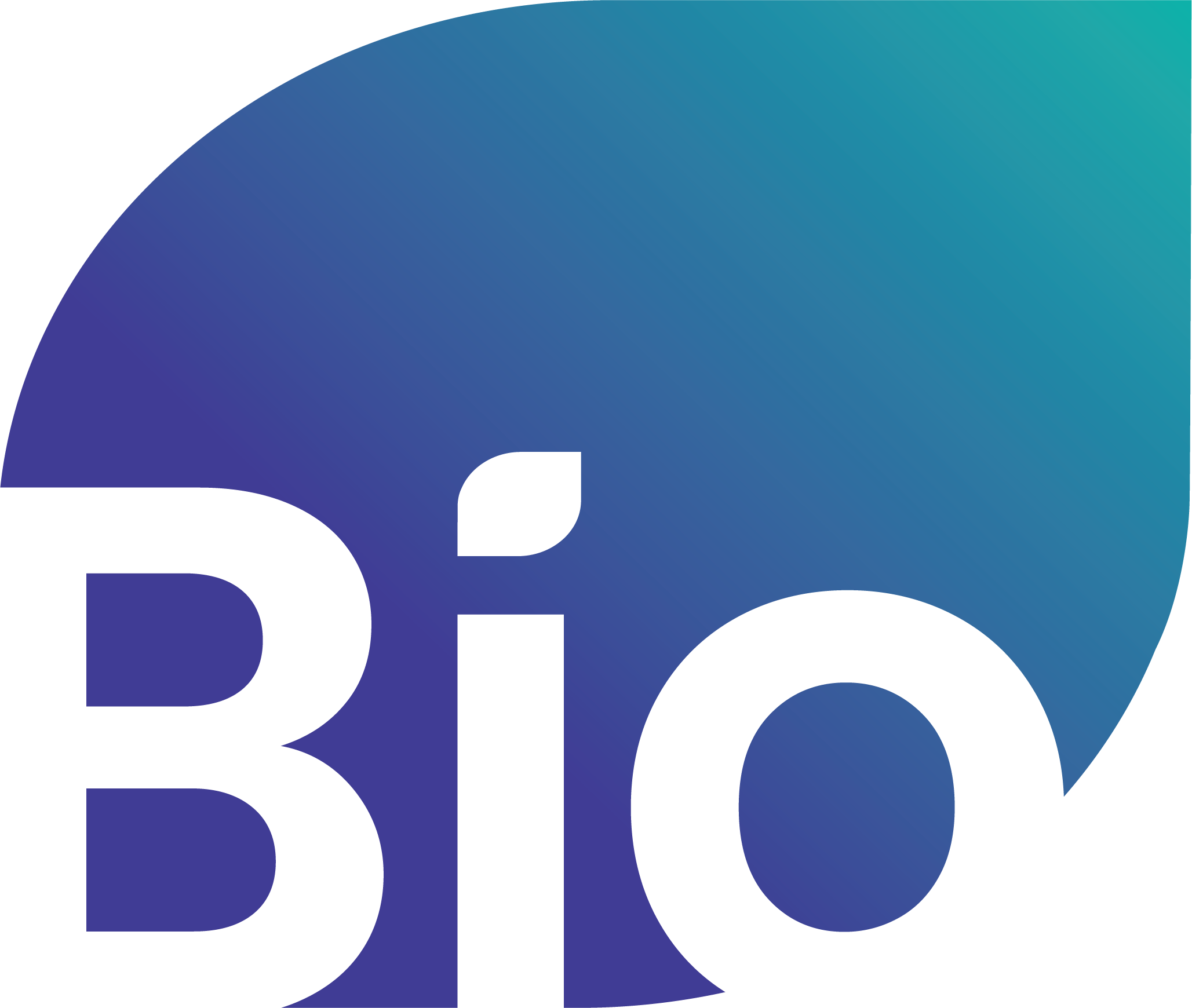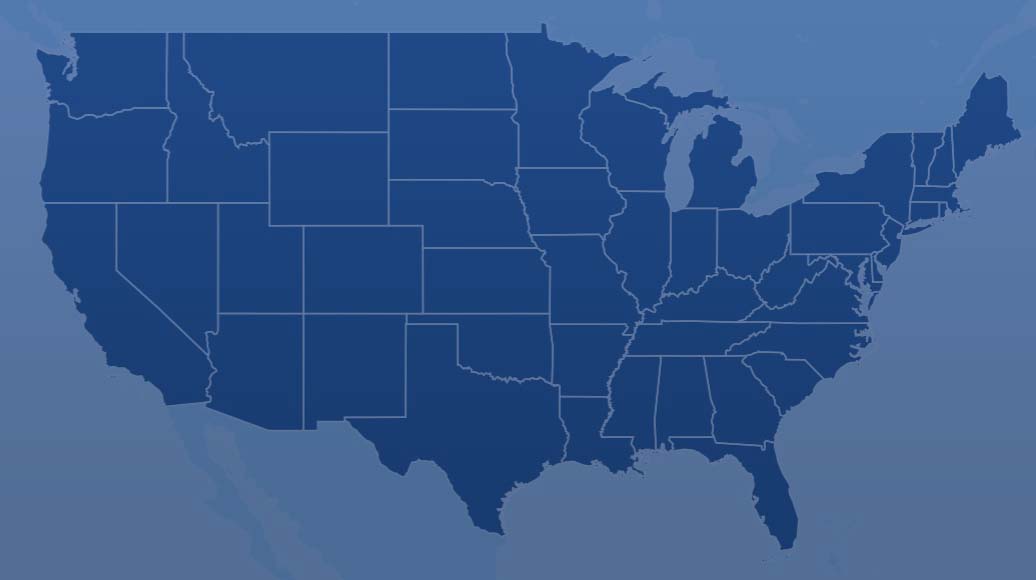- EN
- ES

An official website of the Biotechnology Innovation Organization
To measure vaccine efficacy, or how well a vaccine works in a controlled clinical trial, the Food and Drug Administration (FDA) first looks at the number of people who fell ill with the disease. Then the agency compares whether they received the vaccine or the placebo (a harmless, inactive substance that looks identical to the vaccine being tested). If a greater share of those who are sick received the placebo instead of the vaccine, then the vaccine has met an acceptable efficacy standard. It is important to understand that the people in the trials did not get sick from the vaccine, but rather from being exposed to the disease in their everyday life.
For Covid-19 vaccines, the FDA set a bar of at least 50 percent efficacy in the clinical trials for Emergency Use Authorization consideration. The FDA determined that this was a standard threshold, compared to other vaccines (like seasonal flu vaccines), and would be high enough to slow the spread of the disease. In their clinical trials, both Pfizer and Moderna outperformed this standard with efficacy rates of 95 and 94.1 percent, respectively.
In the large Pfizer trial, forty-four thousand individuals participated, with half receiving the two-dose vaccine and half receiving placebo shots, which have no effect. Two months after their second injection, 170 people had contracted Covid-19. Among the 170 infected, only eight had received the vaccine rather than the placebo. Meanwhile, of the 10 severe cases, nine were in the placebo group.
In the large Moderna trial, thirty thousand individuals participated. Similarly, half of participants received the two-dose vaccine and half received placebo shots. Approximately two months after their second injection, 196 people had contracted Covid-19. Among the 196 infected, only 11 had received the vaccine rather than the placebo. All of the 30 severe cases were in the placebo group.
With the Johnson & Johnson vaccine, the FDA, "evaluated and analyzed the safety and effectiveness data from clinical trials conducted in over forty thousand study participants and manufacturing information submitted by Janssen Biotech, Inc. [...] [and] determined that the totality of the available data provides clear evidence that Janssen COVID-19 Vaccine may be effective in preventing Covid-19."


